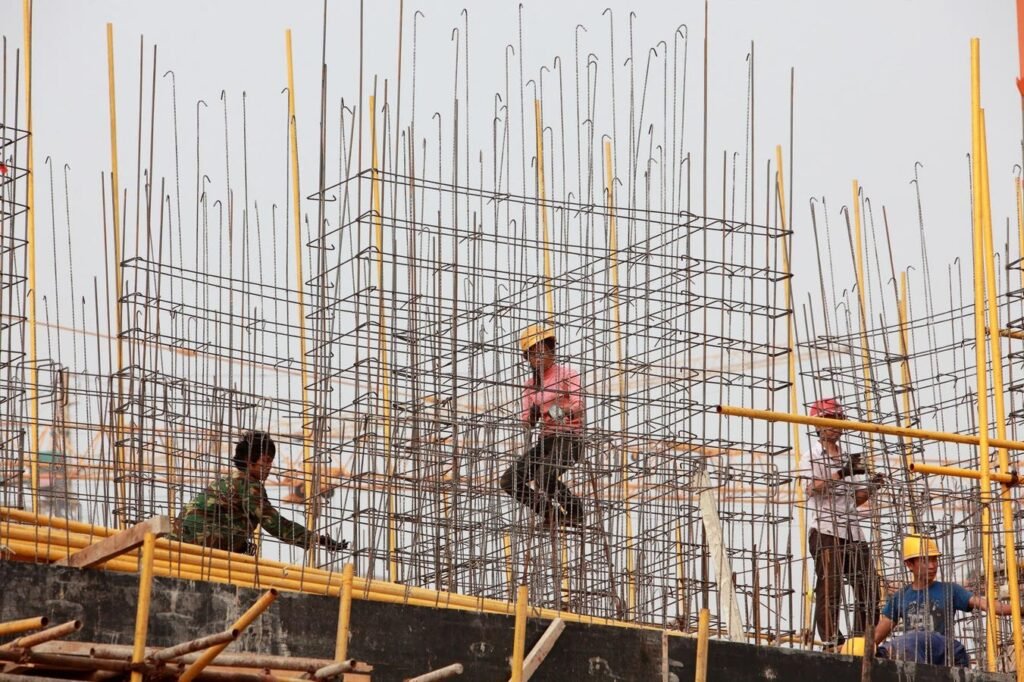The release of foreign direct investment figures, showing that inbound investment into China is now the lowest in 30 years (at $33 billion) calls into question the health of the Chinese economy, and what Western investors should do regarding its financial markets.
Granted that it is the second largest economy, we know relatively little about what is really happening economically and politically in China. In the past decade, Western investors have put less weight on headline economic measures such as GDP in favour of micro indicators like electricity usage, owing to fears that official indicators do not ‘tell the real picture’. Politically, there is a sense that China is much less an ‘open book’ and it is therefore harder to read the intentions of its government. In the absence of such clarity, investors are staying away from China
Reflecting that, the performance of Chinese assets has been lethargic, and valuations (of equities are now very low). Compare for example the performance of Alibaba to that of Amazon
AMZN
Specifically, those concerns relate to three broad areas – US/China relations and the risk of a conflict around Taiwan, the structural risks to China’s economy (European readers will recognise the risks to the Chinese property market), and the apparent lack of urgency in economic policy making.
Some of these risks are ebbing, for the time being. The Taiwanese presidential election has passed without incident and diplomatic communications between the US and China have improved.
Economically, risks remain. China wants and needs to grow at a rate of close to 4% for the next decade to stay on track with its ‘grand plan’. It has not had a major recession in recent decades but as a result is likely accumulating the ingredients of a structural downturn – notably over capacity, inefficient investment and large pockets of debt. External risks remain – a new trade war with the US (should Trump win another term) and a robust European response to the dumping of electric vehicles, are just two scenarios.
My sense is that when large markets are considered ‘uninvestable’, as was the case with the euro-zone in the mid 2010’s, it is time to start to warm up the investment case. China is cheap but we do not yet have a catalyst, either an overwhelming stimulus or a form of mini-crisis (trade war or debt blow out).
Read the full article here

















